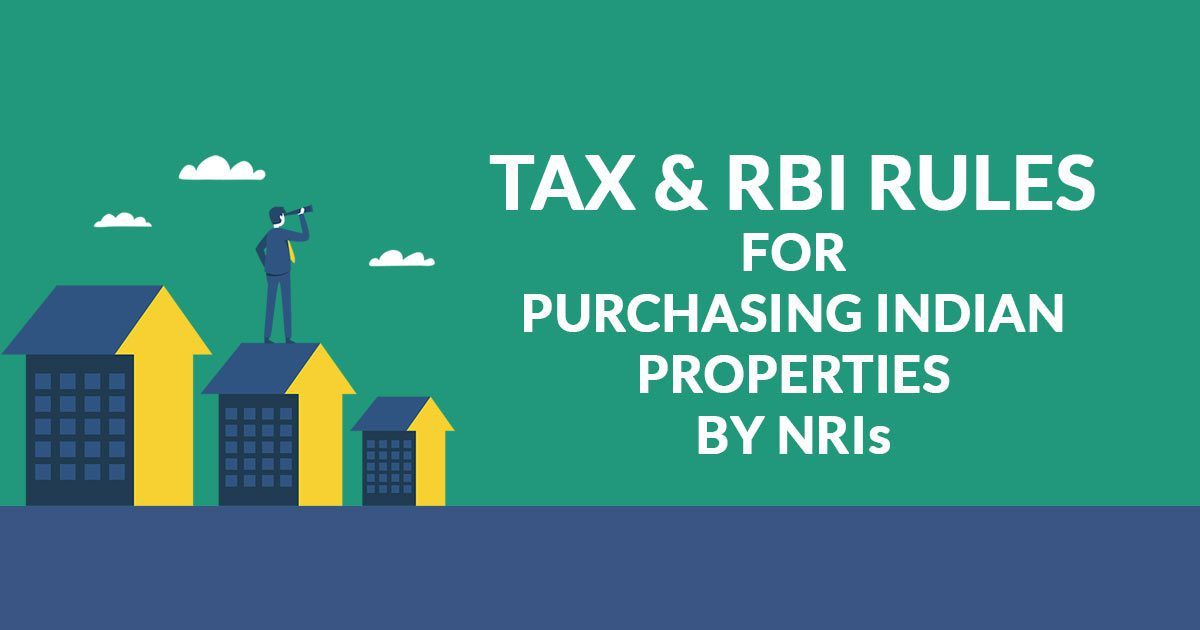Owning property in India while living abroad is common for Overseas Citizens of India (OCIs). Whether you inherited a family home, invested years ago, or purchased property before acquiring foreign citizenship, there may come a time when you decide to sell. This guide explains legal rules, RBI and FEMA guidelines, tax implications, repatriation procedures, and practical tips for a...
Taxation
Overseas Citizenship of India (OCI) holders, often individuals of Indian origin residing abroad, enjoy several privileges in India, including purchasing and selling real estate. However, these transactions are governed by specific legal and regulatory frameworks to ensure compliance with Indian laws. This blog delves into the nuances of buying and selling property in India as an OCI holder and highlights...
The Goods and Services Tax (GST) has revolutionized India’s taxation system, consolidating various indirect taxes into a single tax structure. While GST has simplified the tax regime, it has also introduced new complexities for the real estate sector. Whether you are buying, selling, or renting residential, commercial, or other types of properties, understanding how GST applies is essential for...
When you buy or sell a property in India, TDS (Tax Deducted at Source) is applicable under Section 194-IA of the Income Tax Act if the sale consideration exceeds ₹50 lakhs. The buyer is responsible for deducting the TDS, depositing it with the government, and filing Form 26QB to report the payment. While the process of filing Form 26QB is fairly straightforward for transactions...
In India, the Tax Deducted at Source (TDS) provisions under the Income Tax Act apply to the sale of property. These provisions ensure that the government collects tax at the time of the transaction, rather than waiting until the seller files their income tax return. Whether it’s residential, commercial, or any other type of property, TDS provisions vary slightly, but the basic concept remains the...
When you sell a property in India, the profit you make is classified as either short-term capital gain (STCG) or long-term capital gain (LTCG), depending on the holding period of the property. The tax treatment of these gains is significantly influenced by whether the sale happens under the new tax regime, which was introduced in the Union Budget 2024. Let's break this down with examples to help you...
Capital gains in India refer to the profit earned from the sale of a capital asset, such as property, stocks, or mutual funds. The taxation on capital gains is a critical aspect of financial planning for individuals and businesses. This blog delves into the different types of capital gains, tax implications, exemptions, and key considerations for managing capital gains in India. What are Capital...
India has a significant diaspora worldwide, and many Non-Resident Indians (NRIs) maintain financial and familial ties to the country. Understanding the various terms and financial structures applicable to NRIs, including NRO (Non-Resident Ordinary) accounts, is crucial for effective financial planning and compliance. Here’s an overview of NRO, NRI, and other related terms in the Indian context. Who...









